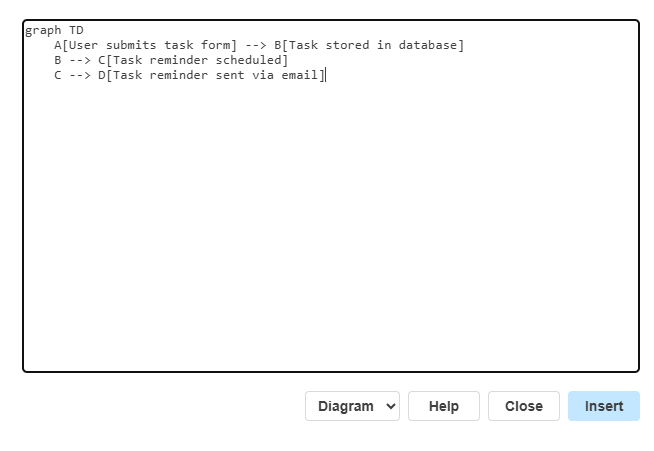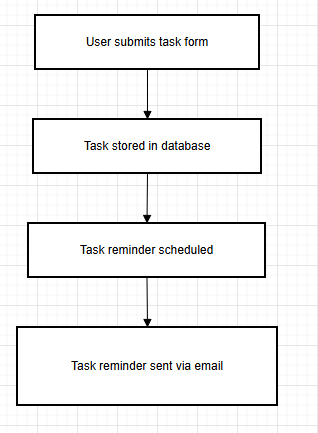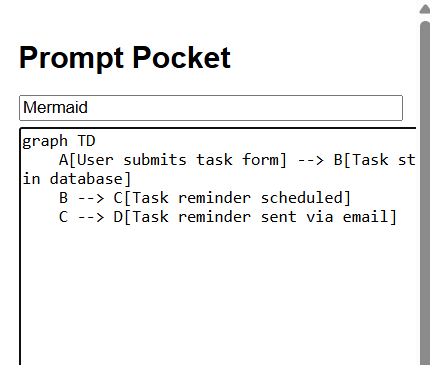- The Artificial Newsletter
- Posts
- ✉️ From Chat to Flowchart: How I Create Diagrams Using Mermaid Code and Draw.io
✉️ From Chat to Flowchart: How I Create Diagrams Using Mermaid Code and Draw.io
— Issue #7 of The Artificial Newsletter
🧠 Why Draw It Manually When AI Can Help?
When you’re trying to explain complex workflows or ideas,
a quick diagram saves you 1000 words.
But building flowcharts manually?
Slow
Messy
Hard to update
✅ So I found a smarter way:
Use ChatGPT to generate Mermaid.js code for the flowchart
Import it into Draw.io in seconds
Customize it visually if needed
No manual dragging. No drawing boxes one by one.
🚀 Here's How You Can Do It Step-by-Step
Step 1: Ask ChatGPT to Create Mermaid Code
Prompt Example:
Create a simple Mermaid code flowchart showing this process: - User submits task form - Task stored in database - Task reminder scheduled - Task reminder sent via email ✅ ChatGPT will generate something like:
graph TD A[User submits task form] --> B[Task stored in database] B --> C[Task reminder scheduled] C --> D[Task reminder sent via email] Step 2: Copy the Mermaid Code
Select and copy the full
mermaidblock (including thegraph TDpart).Keep it saved somewhere (Notion, Notes, etc.).
Step 3: Go to Draw.io (diagrams.net)
Select Create New Diagram ➔ Choose a blank template
Step 4: Import Mermaid Code in Draw.io
On the top menu, click Arrange → Insert → Advanced → Mermaid
A popup will open
Paste your Mermaid code inside

Click Insert
✅ Instantly, your flowchart appears in the editor!

🎯 Why This Method is a Gamechanger
Without AI | With ChatGPT + Draw.io |
|---|---|
Manual dragging every box | Auto-generate layout |
Manually connecting arrows | Smart arrows placed automatically |
Tedious formatting | Editable in seconds |
Hard to explain complex flows | Clear visual explanations easily |
✅ Saves you 30–60 minutes for every flowchart.
✅ Makes you look 5x more professional — even if you're not a designer.
✨ Bonus Tip:
Save your Mermaid code to the previously built prompt manager to reuse:

👋 Next week in The Artificial Newsletter:
"Understanding LLMs and AI Agents (The Simple Way)"
🚀
You're not just learning tools — you're building systems around your thinking.